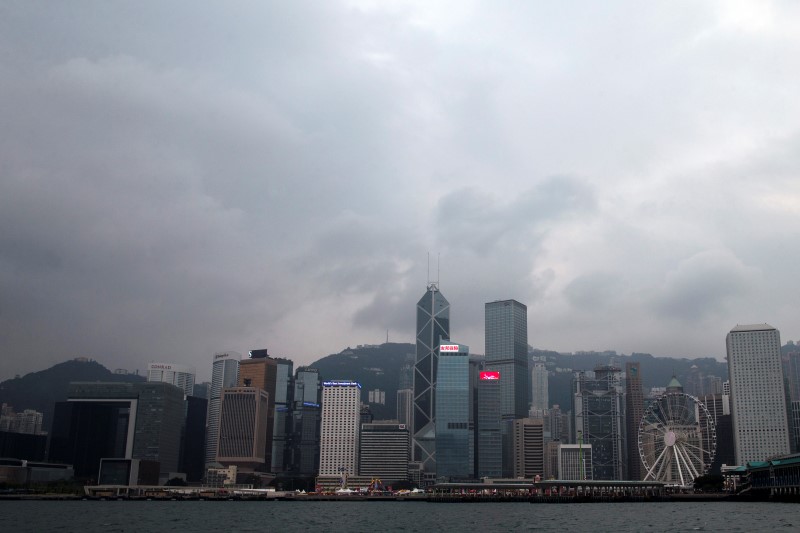By Saikat Chatterjee
HONG KONG (Reuters) - Debt crises and heavy trading losses at some Asia-Pacific companies have exposed cracks in the region's corporate debt market - suggesting a regulatory push to make the global financial system safer could unintentionally be having the opposite effect.
While primary bond markets in Asia are setting issuance records thanks to ultra-low interest rates, global banks are pulling back from the secondary and the credit derivative markets in response to more stringent regulatory capital requirements.
This pull-back is reducing market liquidity and leaving fund managers with no debt safety net, an especially difficult situation to be in when market shocks strike.
The safety net in the form of a credit default swap allows bond holders to buy what amounts to an insurance policy: The seller of the swap contract, usually a bank, indemnifies the investor against a borrower defaulting on its debt obligations.
The weakness of the CDS market is evident in Asia, where fewer than 80 of the thousands of Asian companies that sell debt on international markets have credit derivative contracts available offering investors comprehensive default protection.
The once-thriving global CDS market is a shadow of what it was before the global financial crisis. The gross market value of all CDS contracts worldwide was less than a trillion dollars at end-2014, versus a peak of more than $50 trillion in 2008, according to a Deutsche Bank survey.
Chinese property developer Kaisa Group (HK:1638), illustrates the challenges for investors holding uninsured corporate debt: Kaisa is trying to restructure 48 billion yuan (5 billion pounds) of debt and is mired in crisis after the local government in its home base of Shenzhen blocked sales at some of its projects last year, leaving investors shell-shocked.
A debt restructuring plan submitted to creditors last week said Kaisa's bond holders will likely suffer a severe 50 percent capital loss, or haircut, although not the 100 percent some fear.
"Nobody saw the Kaisa event coming and that makes global investors wary of investing in China credits because there are so few hedging options against event risk," said Oscar Chow, head of Asia credit research at Mitsubishi UFJ Securities in Hong Kong. No CDS exist on Kaisa's bonds.
Indeed, Chinese debt defaults are now seen as the second-biggest tail risk in global markets with one in five investors ranking it as their greatest risk, a Bank of America (NYSE:BAC) Merrill Lynch fund manager survey showed this week.
A tail risk is the likelihood that asset price fluctuations will be far greater than conventional risk models have allowed for.
"If you are a hedge fund investing in Chinese credits you can try to hedge your credit market risk in the offshore market or use other tools, but those avenues have become restricted because the CDS market has become very shallow," Chow said.
With banks such as UBS (VX:UBSG) and Barclays (L:BARC) broadly retreating from the Asian corporate debt markets in recent years and others such as Deutsche Bank (DE:DBKGn) cutting down on their participation, the ability of other lenders to make markets in credit derivatives has been hit hard.
"While the thrust of these (bank capital) regulations has been aimed at making the corporate debt market a safer place to be in, these factors have combined to drain away liquidity from the Asian CDS market," said Keith Noyes, regional director, Asia Pacific, at the International Swaps and Derivatives Association.
In the absence of a liquid CDS contract, bond investors have helplessly watched wild fluctuations in some bond prices.
For example, Kaisa's bond maturing in June 2015 has swung wildly in price since December in an extreme range of 20 to 90 cents on the dollar, in an often-illiquid secondary market.
While companies such as India's ICICI Bank (BO:ICBK), Korea Telecom, Pohang, Noble Group (SI:NOBG) and KDB have become increasingly familiar names in the primary debt markets, trading volumes in their CDS have shrunk over time.
"If you are a long-only investor, the main hedge is to hold a basket of diversified credits, watch the news headlines closely, and pray that events go in your favour," said a portfolio manager at a macro hedge fund in Hong Kong.
